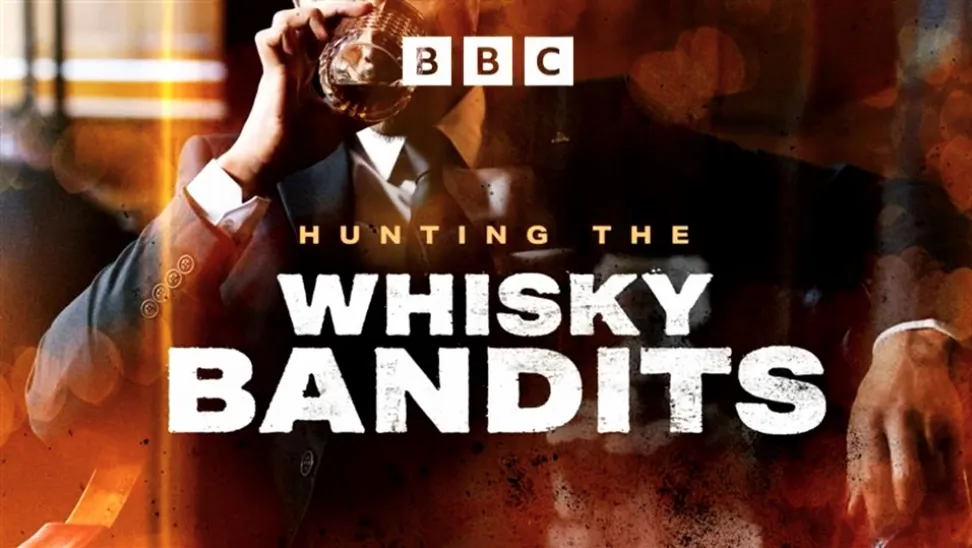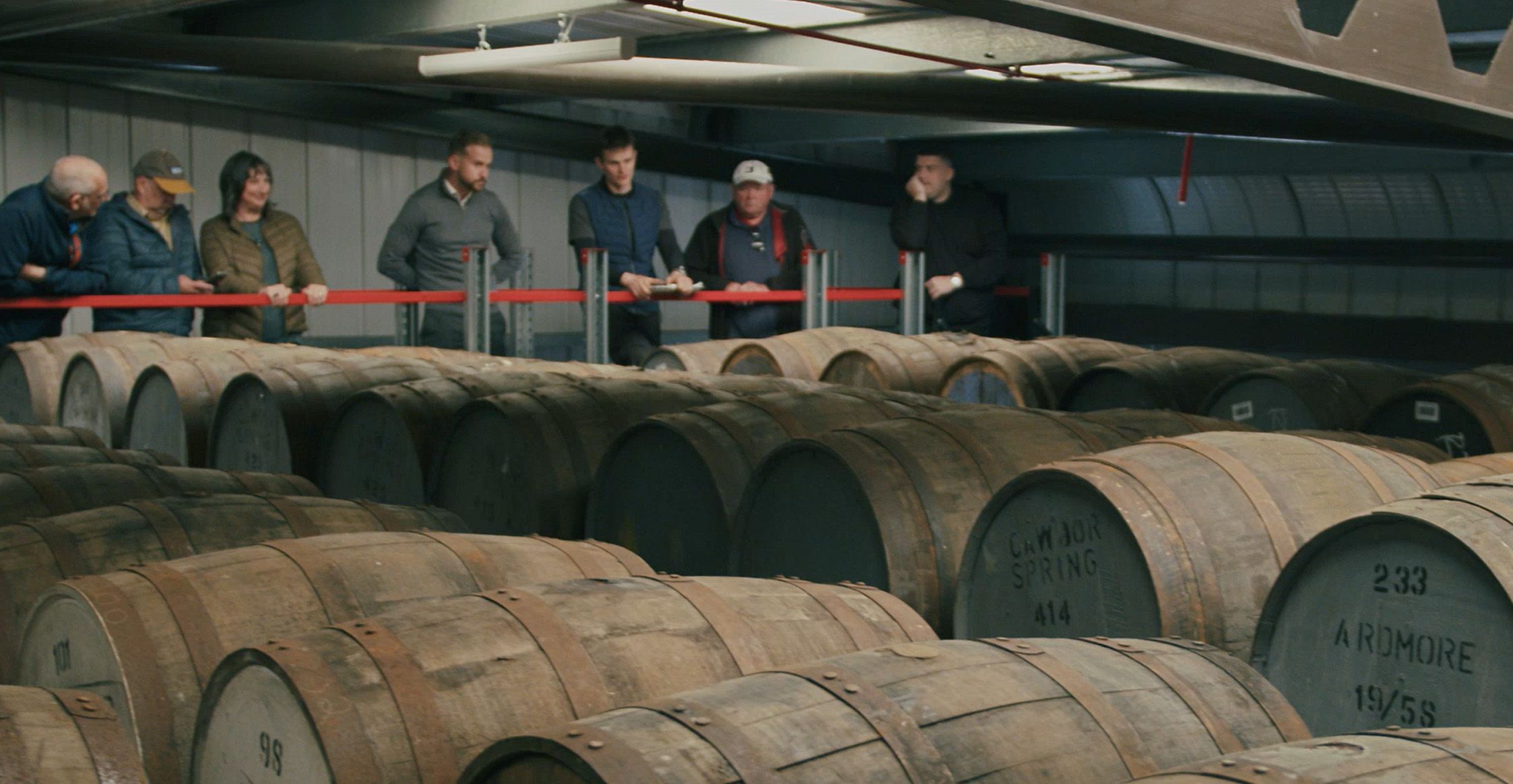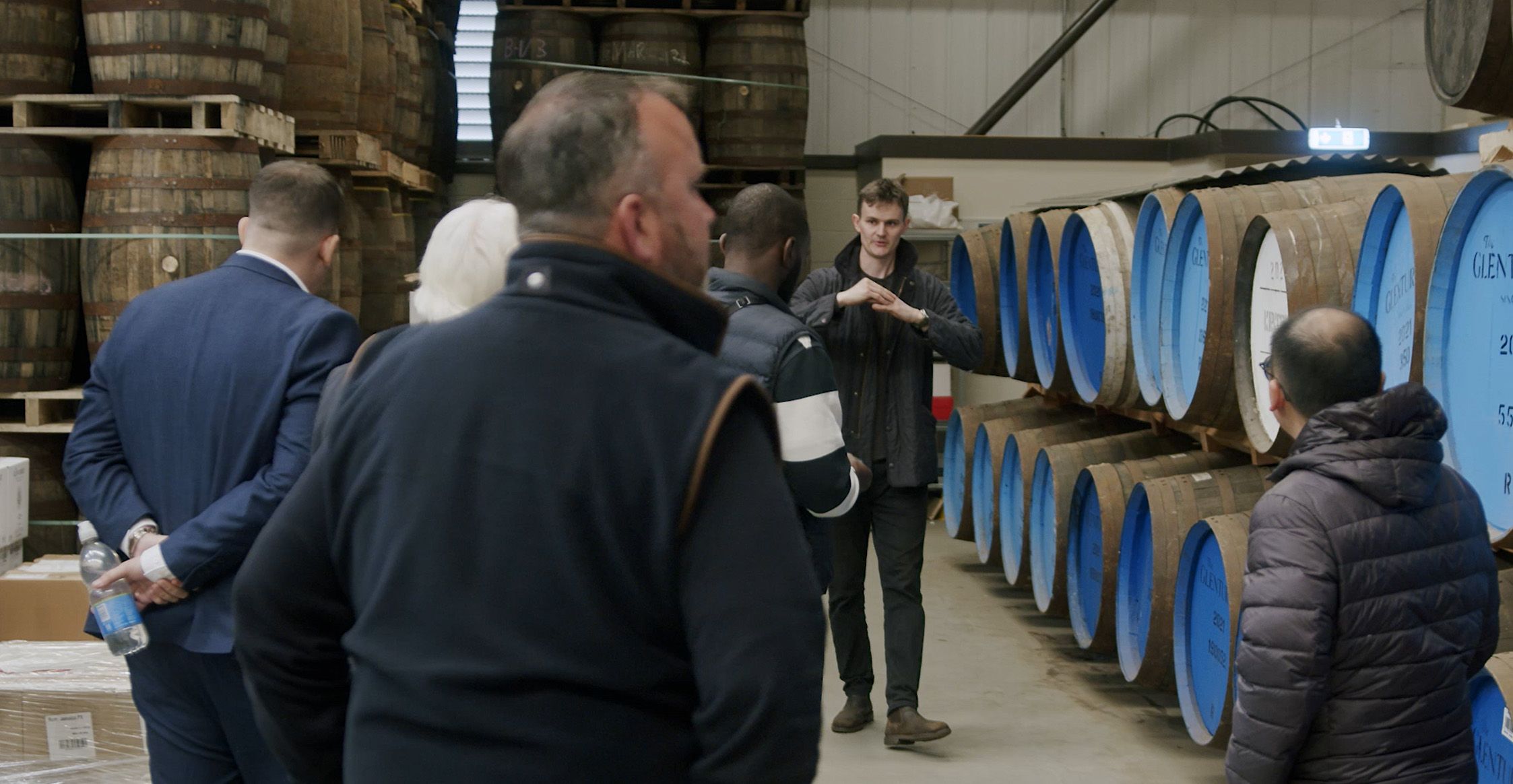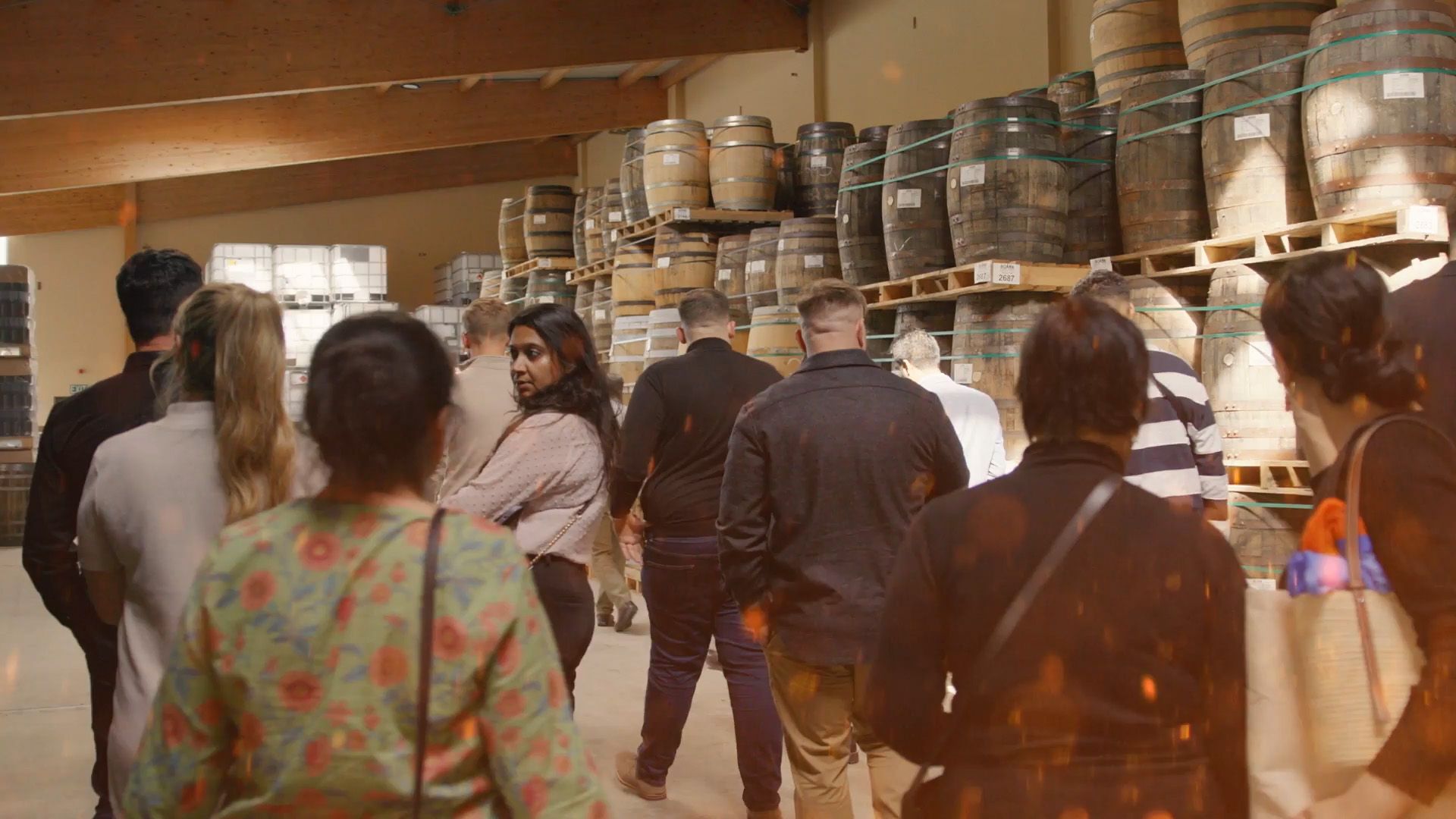
Whisky Investment Scams: How the BBC’s ‘Whisky Bandits’ Exposé Benefits the Cask Market

Victoria O'Brien
Head of Content at London Cask Traders
Ways to spot Whisky Cask Investment Fraud:
-
you've got a 'Certificate of Ownership', instead of a 'Delivery Order' (D.O.)
-
requests for direct samples from your cask have been ignored.
-
you've been told you can't visit your cask in the warehouse.
-
the warehouse itself, has no record of you owning the cask.

The Shocking Truth Behind Whisky Investment Scams
The recent BBC documentary 'Hunting the Whisky Bandits' has unveiled a troubling wave of whisky cask investment scams that have left many victims in financial turmoil. The exposé uncovered how fraudsters have been exploiting unsuspecting investors, leading to significant financial losses. But as alarming as these revelations are, legitimate investment companies like London Cask Traders have been aware of fraudulent practices since the early 2000s, when potential earnings and high returns on whisky cask investment first became apparent.
As managing director of London Cask Traders, Oliver Court has been quick to confirm:
'The recent BBC documentary is excellent news for our industry. We've been keen to warn potential investors, not all companies that advertise as whisky cask investment brokers are trustworthy or legitimate. 'Hunting the Whisky Bandits' raises some really important questions about how our industry can and should be regulated in the future.'
The impact of the BBC documentary means potential investors in whisky are naturally now more circumspect about potential returns and the promise of 'get rich quick' schemes. Don't forget this is an industry that's worth £5.3 billion in Scotland alone; with the added bonus of cask investment being capital gains tax free. According to Oliver Court, any added caution inspired by this type of media attention can only be a good thing:
'Investing in cask whisky should never be considered as overnight profit-making.' At London Cask Traders we always recommend holding casks for a minimum of three to five years, ideally ten years or more if you want to realise the highest potential profits.'

The Dark Side of Whisky Investment: Why Transparency Is the Future of the Industry
The programme's investigation highlighted how fraudsters misled investors into purchasing whisky casks that didn't exist or were wildly overpriced. One of the most shocking revelations was the discovery that some casks were sold multiple times to different buyers. The documentary exposed a network of fake brokers, including one who used a false identity to cover up a criminal past, all the while misleading people into sinking their savings into these bogus investments.
One of the key issues discussed by the BBC, highlighted the unregulated nature of the industry. The importance of establishing ownership of casks, was something both the documentary makers and scam victims kept coming back to. Some scam victims showed the BBC wooden framed, so-called 'Certificates of Ownership', which they had proudly hung on their walls, only to realise later these pieces of paper were legally worthless. Cask buying individuals had often been presented with these official-looking certificates alongside digital dashboards monitoring the apparent rise of their stock, only to discover that their casks didn't exist.
You can read more about how London Cask Traders has been recognised as a trusted leader in the whisky cask investment industry and relied on by the media, including the Financial Times' Investor's Chronicle and The Guardian, to provide a professional perspective on the industry.
"One of the best ways you can avoid being scammed when purchasing any sort of cask whisky, is to ask for an industry standard DELIVERY ORDER.
"Ensure the company you are dealing with, has a WOWGR (Warehousekeepers and Owners of Warehoused Goods Regulations) licence. This is no longer a legal requirement for traders (regulations were amended in March 2025), but investment firms that don't have certification are less likely to be legitimate. You can read more about WOWGR and the recent reforms, in this blog."
'You should always have the option to visit your cask in person, at the warehouse where it's being held. Don't be fooled by investment companies who tell you otherwise. You're investing in a tangible asset, that needs to be properly looked after. Gauging alcohol content and requests for samples are normal industry practice. You can learn more about our recent bonded warehouse tour here"

How To Safeguard Your Whisky Cask Investments
'Hunting the Whisky Bandits' provides a clear insight into illegal practices surrounding whisky, but it's an industry that's still contributes more than £7 billion annually to the UK economy, and is second only to energy production in terms of economic importance in Scotland. As an alternative tangible asset that's capital gains tax free, it's an industry that will continue to attract investors, especially given the fact smaller and emerging Scottish distilleries need cask investment in order to continue trading and producing top quality whisky. Growing financial data on past cask whisky investments prove healthy profits can be made. The potential profits are still there, as long as you invest wisely.
Although this latest BBC investigation has understandably left many potential investors feeling concerned about the legitimacy of whisky cask investment, at London Cask Traders we believe that this level of scrutiny is ultimately beneficial for the industry. It helps weed out the scammers, raises industry standards, and ensures legitimate businesses, like London Cask Traders, can continue to thrive while protecting their clients and other investors.
Key Tips to Avoid Whisky Investment Scams
While the BBC exposé uncovered serious problems within the whisky investment market, there ae steps you can take to protect yourself and ensure you're dealing with a trustworthy company. Here are five essential tips for avoiding scams and making well-informed investments in whisky casks:
- Verify the Cask's Existence with a Delivery Order
Before investing in any cask, ask if a Delivery Order is provided. You can find more about what a DELIVERY ORDER (D.O) is, on our blog. This document proves the cask is stored in a bonded warehouse and verifies your ownership. Legitimate firms will always allow or even encourage you to independently verify the cask with the warehouse that holds it. - Ensure the company you are dealing with has a WOWGR (Warehousekeepers and Owners of Warehoused Goods Regulations) licence. You can read more about WOWGR and the recent reforms, in the blog. WOWGR are the equivalent of certification issued by HMRC, ensuring the warehouse complies with all necessary regulations to store whisky legally. If the company you are dealing with can't provide this, proceed with caution.
- Avoid High-Pressure Sales Tactics
Scammers often use aggressive sales tactics to pressure you into making decisions quickly. If you're being rushed into an investment without proper research or consultation, that's a huge red flag. A trustworthy whisky investment firm, like London Cask Traders, will never constantly cold-call you or push you into a decision. Instead, they'll take a consultative approach, giving you the space and time to make an informed choice. - Ask the Right Questions
Don't be afraid to ask questions. A reputable firm will be happy to provide clear and transparent answers. Ask about the costs involved, how the casks are stored, how ownership is transferred, whether or not you can visit your cask in person and what happens when you're ready to sell. If the company avoids these questions or provides vague answers, it's time to look elsewhere. - Do Your Research and Check Reviews
Take the time to research any company you're considering working with. Look for customer testimonials, independent reviews, or media coverage that verifies their legitimacy. Also, check if they've ever been been subject to any regulatory or advertising scrutiny, such as the ASA (Advertising Standards Authority) ruling on misleading whisky investment ads, which also shed light on unscrupulous players in the market.

Beware of the precise name of any cask investment company you choose to work with - there's a lot of companies out there with similar sounding names, but very different reputations to protect.

Victoria O'Brien
Head of Content at London Cask Traders
